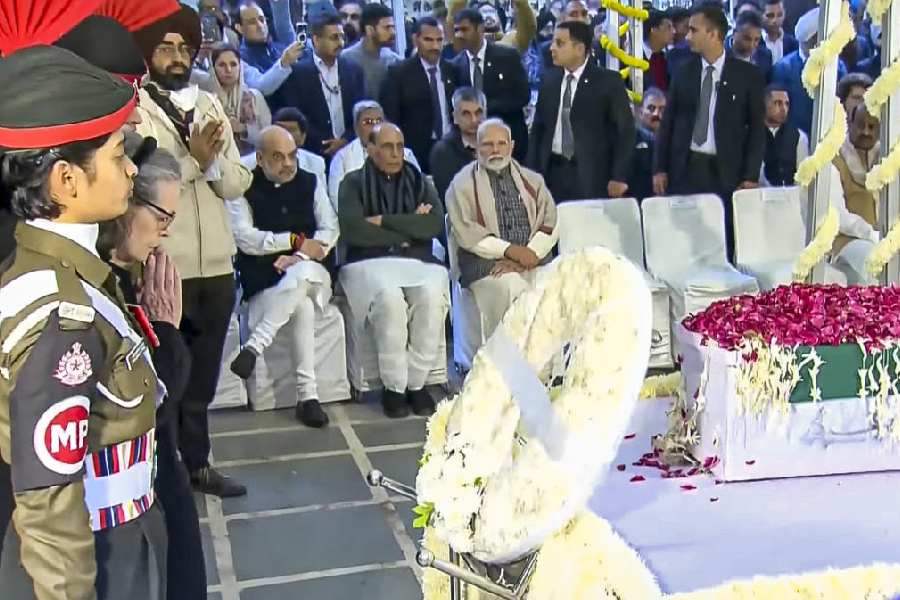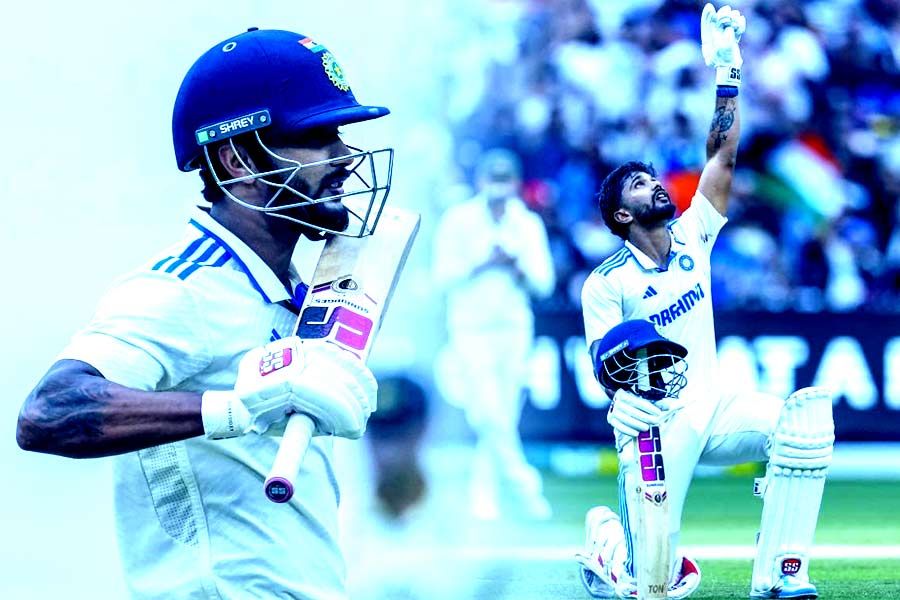The Supreme Court on Friday said it was "very sad" that courts have not been able to understand the fine distinction between criminal breach of trust and cheating despite the penal law being in force for over 162 years.
Unfortunately, it has become a common practice for police to routinely and mechanically proceed to register an FIR for both the offences on a mere allegation of some dishonesty or fraud, without any proper application of mind, it said.
A bench of Justices J B Pardiwala and Manoj Misra said it was high time that police officials across the country were imparted proper training in law so as to understand the fine distinction between the offences of cheating and criminal breach of trust.
"Both offences are independent and distinct. The two offences cannot co-exist simultaneously in the same set of facts. They are antithetical to each other," the bench said.
The top court's observations came in a verdict which set aside an Allahabad High Court order passed in April this year. The high court had declined to quash a summoning order passed by a trial court in Uttar Pradesh in a complaint case against the Delhi Race Club (1940) Ltd and others.
"Before we close this matter, we would like to say something as regards the casual approach of the courts below in cases like the one at hand. The Indian Penal Code (IPC) was the official Criminal Code in the Republic of India inherited from the British India after Independence," the bench said.
It said the IPC came into force in the sub-continent during the British rule in 1862 and remained so for almost 162 years until it was repealed and replaced by the Bharatiya Nyaya Sanhita (BNS), which came into effect on July 1, 2024.
"It is indeed very sad to note that even after these many years, the courts have not been able to understand the fine distinction between criminal breach of trust and cheating," it said.
The top court said when dealing with a private complaint, the law enjoins upon the magistrate a duty to meticulously examine its contents so as to determine whether the offence of cheating or criminal breach of trust was made out from the averments.
It said a magistrate must carefully apply his mind to ascertain whether the allegations genuinely constitute these specific offences.
"In contrast, when a case arises from a FIR, this responsibility is of the police – to thoroughly ascertain whether the allegations levelled by the informant indeed fall under the category of cheating or criminal breach of trust," the bench said.
It said the two provisions are not twins that they cannot survive without each other.
While allowing the appeal filed by the club and others challenging the high court's order, the bench directed its registry to send a copy of its verdict to the principal secretaries of the Ministry of Law and Justice and Ministry of Home Affairs of the Union of India.
The bench noted that a private complaint was filed in a trial court in Bulandshahr by the owner of a firm which used to supply horse feed, barley and oats to the club since 1990.
It noted that according to the complainant, an amount of Rs 9.11 lakh was due and payable to him by the club towards the sale of horse grains and oats over a period of time.
The bench said the trial court had in February 2023 summoned the club and others for the alleged offence under section 406 of the IPC (criminal breach of trust).
It also noted that the club and others had approached the high court for quashing of the summoning order but the application was rejected.
"We are of the view that even if the entire case of the complainant is accepted as true no offence worth the name is disclosed," said the bench, which also quashed the trial court's order.
It observed the top court has time and again reminded that summoning an accused in a criminal case was a serious matter and criminal law cannot be set into motion as a matter of course.
"The order of the magistrate summoning the accused must reflect that he has applied his mind to the facts of the case and the law applicable thereto," the bench said, adding, "It is not that the magistrate is a silent spectator at the time of recording of preliminary evidence before summoning of the accused".
Referring to some previous judgements rendered by the apex court, the bench noted that issuance of summons was a serious matter and, therefore, should not be done mechanically.
It said the offences of criminal breach of trust and cheating (section 420 of IPC) have specific ingredients.
"There is a distinction between criminal breach of trust and cheating. For cheating, criminal intention is necessary at the time of making a false or misleading representation i.e., since inception. In criminal breach of trust, mere proof of entrustment is sufficient," the bench said.
It said if it was the complainant's case that a particular amount was due and payable to him, he should have filed a civil suit for recovery.
Except for the headline, this story has not been edited by The Telegraph Online staff and has been published from a syndicated feed.











